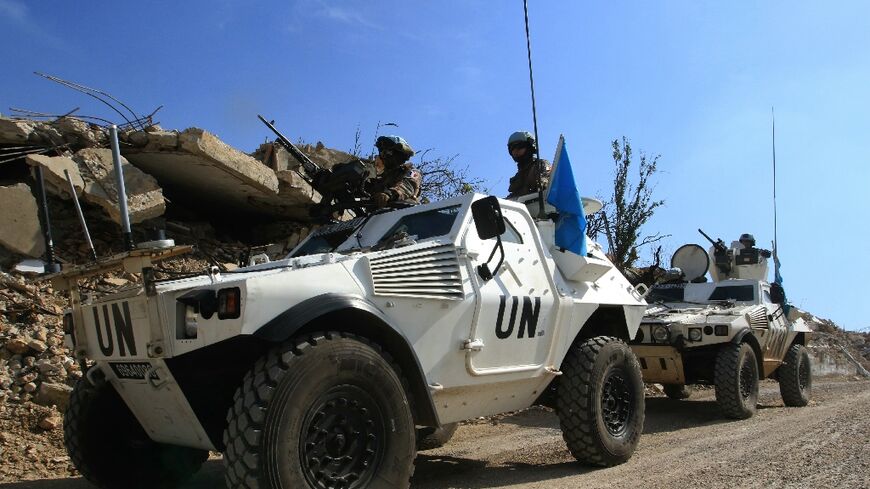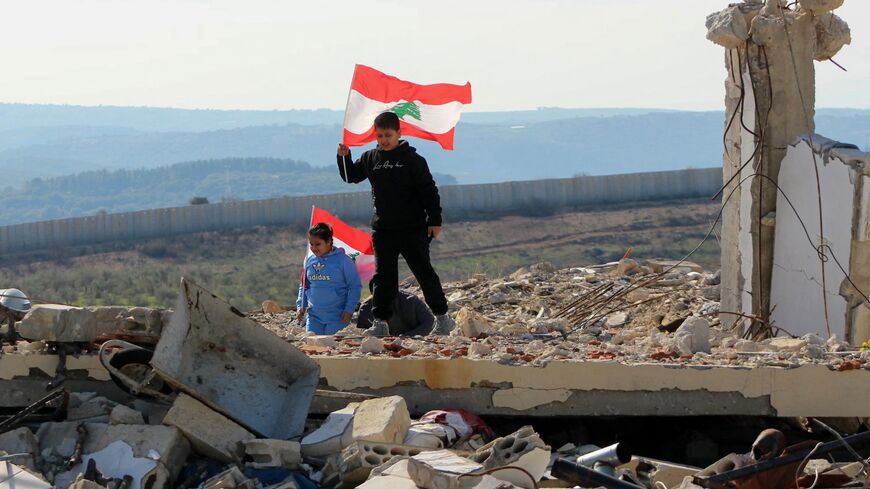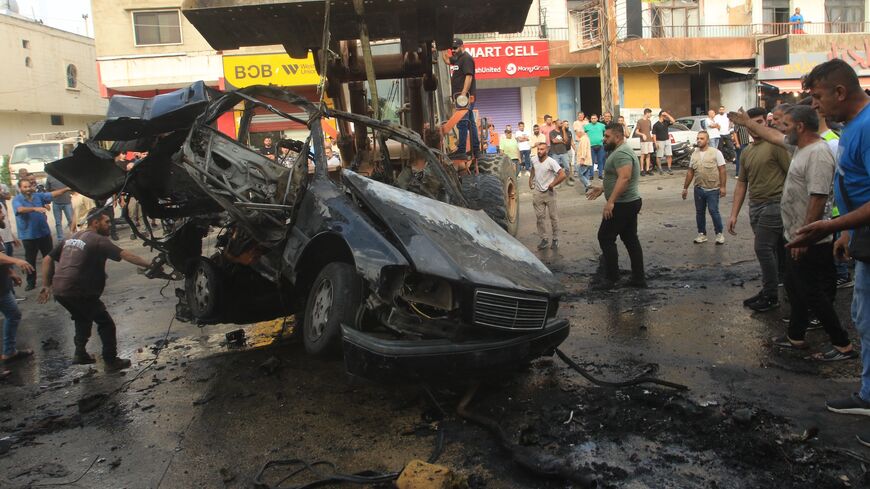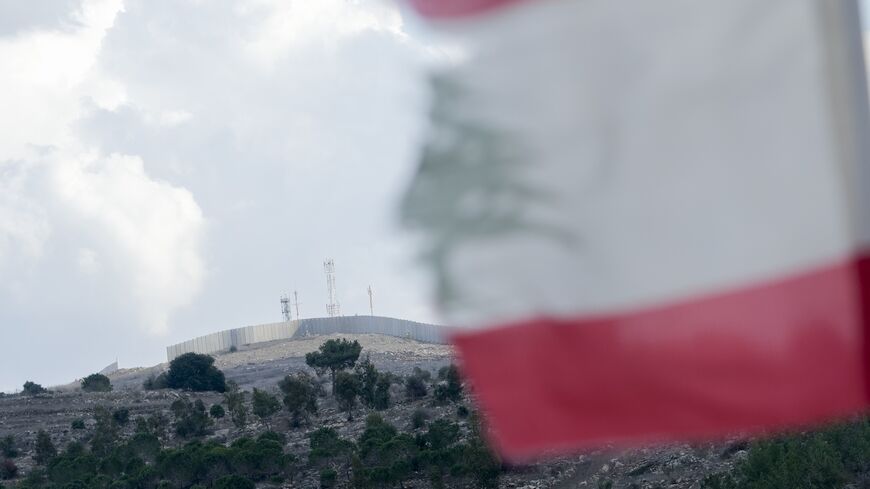Lebanon, Israel agree to border talks under US mediation: What to know
A military meeting in southern Lebanon on Tuesday led to an agreement between Israel and Lebanon regarding the next steps on the Blue Line.
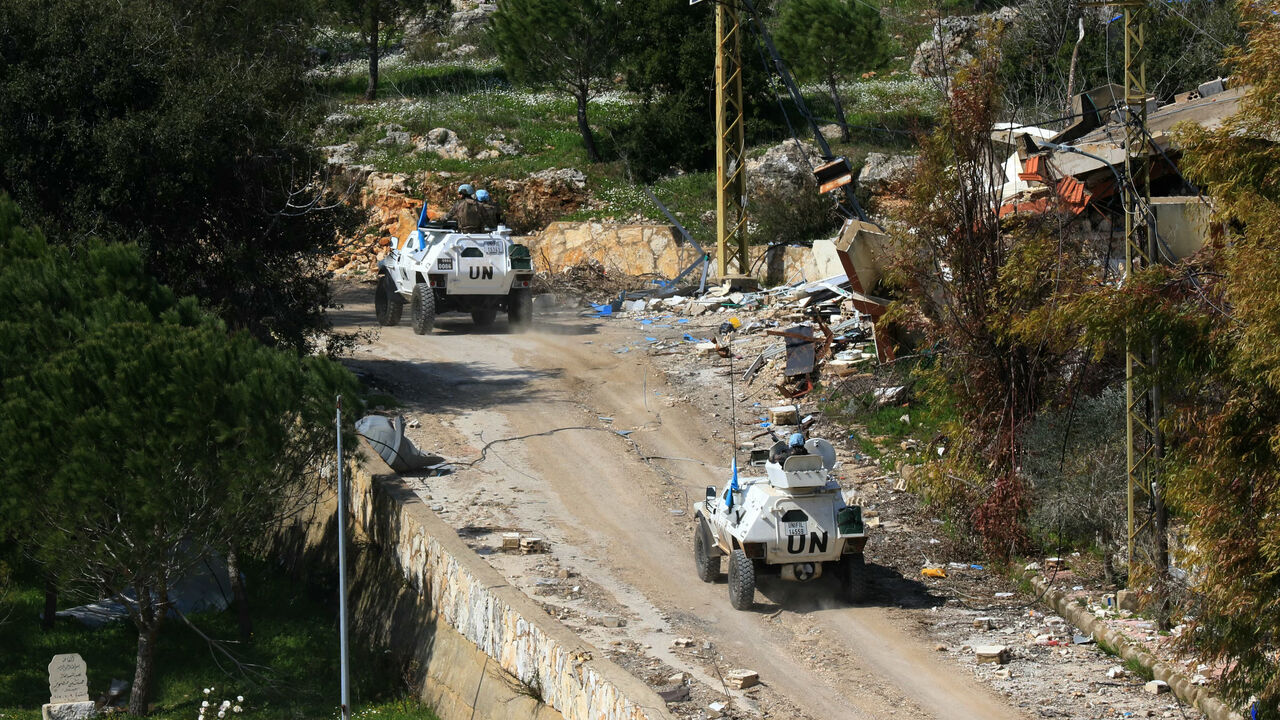
Israel and Lebanon agreed on Tuesday to reopen negotiations over their border, according to the Trump administration.
US deputy special envoy to the Middle East Morgan Ortagus said in a statement that the talks would focus on resolving “the release of Lebanese prisoners, the remaining disputed points along the Blue Line and the remaining five points where Israeli forces are still deployed.” Lebanon and Israel share an 81-kilometer (50-mile) border, which remains officially undemarcated due to ongoing hostilities between the two countries.
Statement from Deputy Presidential Special Envoy Morgan Ortagus pic.twitter.com/FH6FA3KS0z
— U.S. State Dept - Near Eastern Affairs (@StateDept_NEA) March 11, 2025
Earlier on Tuesday, Lebanese and Israeli military officials concluded initial talks in Naqoura, after which five Lebanese detainees were released from Israel back to Lebanon, according to the statement.
"In coordination with the United States and as a gesture to Lebanon's new president, Israel has agreed to release five Lebanese detainees," Israeli Prime Minister Benjamin Netanyahu’s office said.
Before the Naqoura meeting, Lebanon’s President Joseph Aoun held discussions at Beirut’s Baabda Palace with US Gen. Jasper Jeffers, head of the Ceasefire Monitoring Committee, and US Ambassador to Lebanon Lisa Johnson. “President Aoun asked the committee chief to press Israel to implement the [ceasefire] agreement, withdraw from the five hills and return the captives," Aoun's office said after the meeting.
The development marks a positive step for Lebanon’s fragile ceasefire, which remains uncertain due to Israel’s continued military presence and operations in southern Lebanon.
The ceasefire ended more than a year of fighting after Hezbollah launched attacks on Israel in October 2023 in solidarity with Hamas in Gaza. The conflict escalated in October 2024 when Israeli troops invaded southern Lebanon. A ceasefire agreement took effect on Nov. 27, 2024, stipulating an Israeli withdrawal by Jan. 26, 2025. However, after delaying the withdrawal to Feb. 18, Israel’s military later announced it would remain indefinitely in five strategic locations along the border.
Netanyahu’s office confirmed the negotiations and stated that the sides will establish three joint working groups: one to address the five locations where the Israeli military remains in Lebanon, another to focus on disputed locations along the Blue Line — a UN demarcation line established in 2000 between Israel and Lebanon, which has been repeatedly violated by both Hezbollah and Israel throughout the war — and a third to handle Lebanese citizens held by Israel.
A US official told Axios that the Trump administration has been mediating between Israel and Lebanon for several weeks in an effort to maintain the ceasefire and establish the next steps.
The ceasefire was brokered under the Biden administration, with former US special envoy to the Middle East Amos Hochstein leading the US charge. But the envoy was unable to push Lebanon and Israel beyond an initial ceasefire and toward agreements regarding their border.
Despite Tuesday’s step forward, however, Lebanon and Israel still face the challenge of Hezbollah. The ceasefire agreement stipulates that Hezbollah must withdraw north of the Litani River — roughly 28 kilometers (18 miles) from the border — and dismantle its infrastructure, which remains south of the river.
Hezbollah leader Naim Qassem spoke to Hezbollah-affiliated Al-Manar TV on Monday and stressed that the group is “continuing.” In response to recent government statements from Aoun and Prime Minister Nawaf Salam’s cabinet regarding a state monopoly on violence, Qassem said, “We are a resistance that considers Israel a threat to Lebanon, and there is no objection to the army and the state defending Lebanon. The resistance has the right to continue to protect Lebanon. Therefore, we do not consider the president’s words about the exclusivity of weapons to be directed at us.”
This developing story has been updated.
